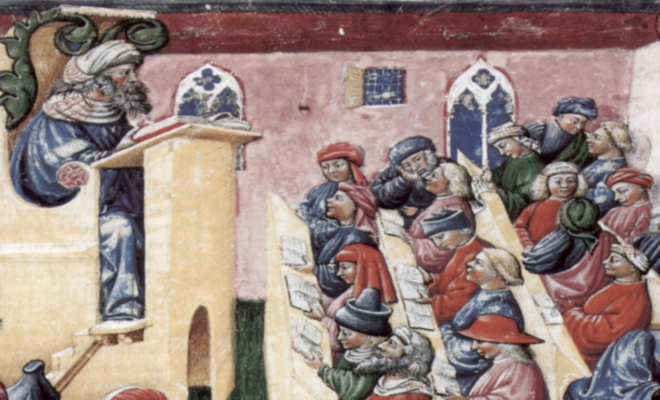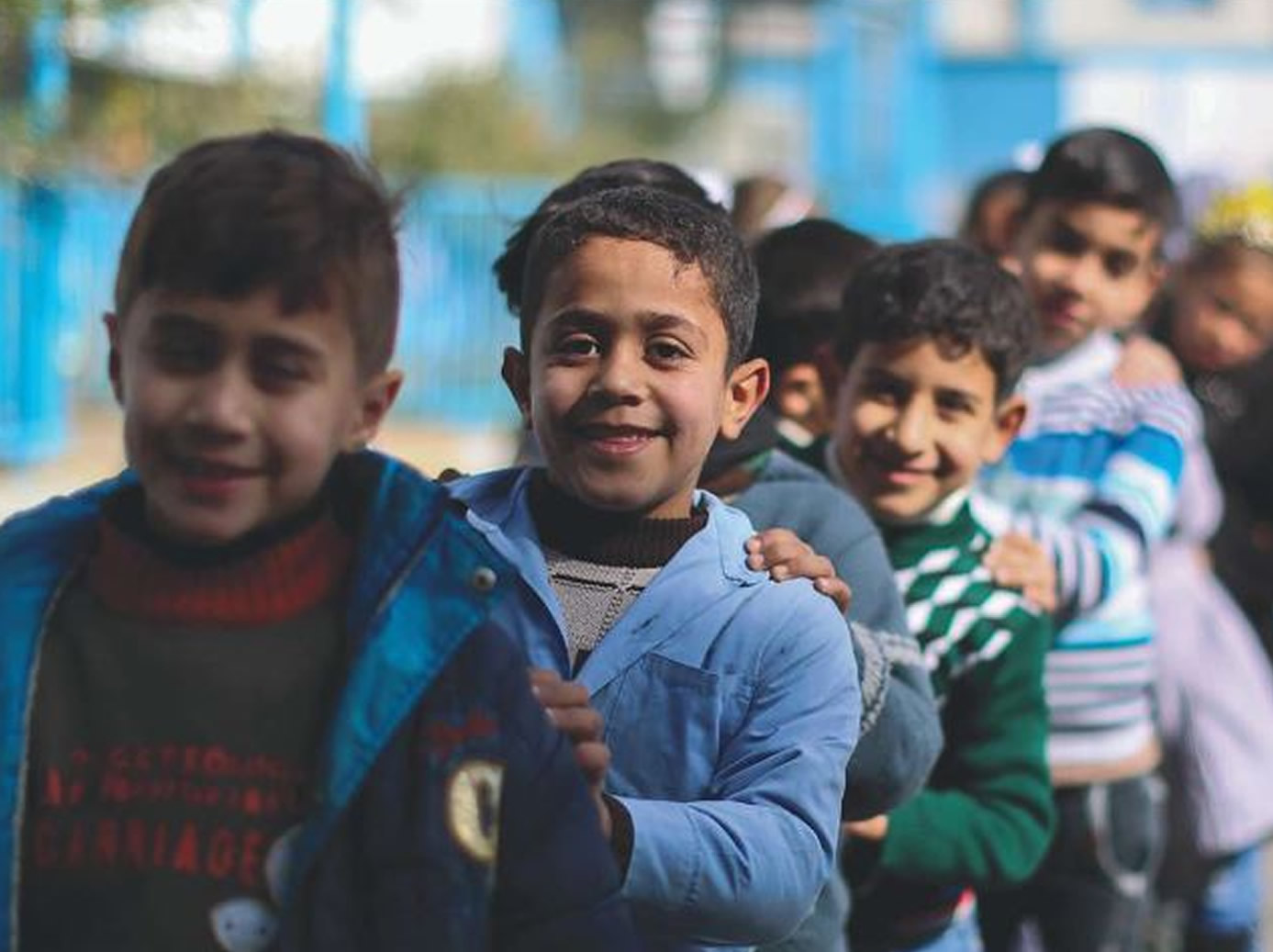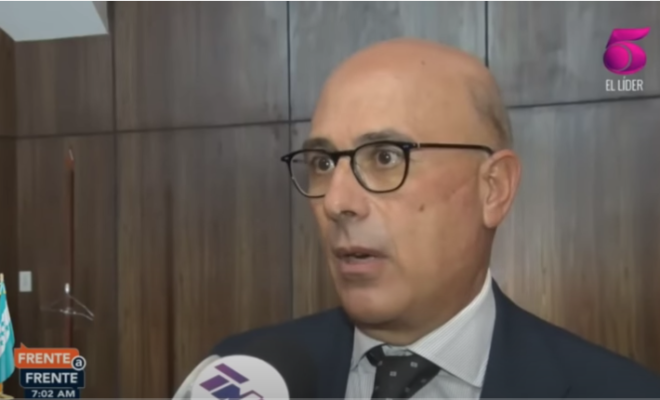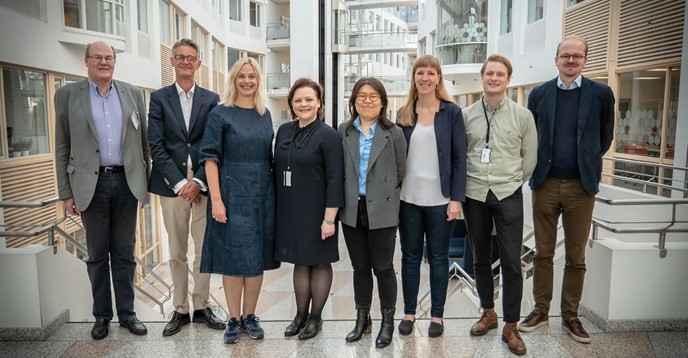IESALC: Technology at the of the service of the humanization of teaching and learning processes
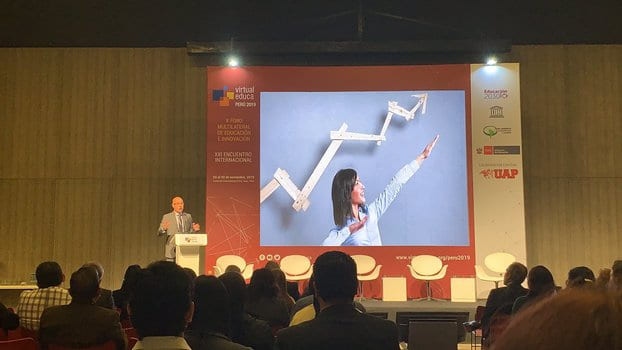

From Bogota and the Dominican Republic, also from the Hural and Chiclayo provinces north of Lima, came the commentaries and congratulations for the live transmission of IESALC’s presentation on the windows of opportunities that technology offers to higher education. This took place during the XXI Encuentro Internacional Virtual Educa Perú 2019 (XXI International Virtual Meeting Educa Peru 2019), event to which increasingly more people attend virtually from their computers and mobile phones.
Meanwhile, and “very anchored to earth”, Francesc Pedró, IESALC Director, talks about the future perspectives for higher education in the Latin American context, with Argentina, Chile, Peru and Uruguay in a phase of universalization of higher education: “This talks about a promising future in the access to higher education, but when we take a look into the classrooms, it doesn’t seem that education has changed much”, he indicated.
For IESALC there are three windows of opportunities that technology offers: the first one, to learn more, that is, achieve that more students successfully culminate their journey through the university. In Colombia, for example, access is of 50% and only about 10% graduate. We ask ourselves, can technology help, for example, with mechanisms of certification that reduce the distance between access and graduation?
The second opportunity would be to achieve a better learning, making good use of the growing trust, shown by students, in on-line courses, with a preference for hybrid ones. And third, to learn differently, which means to favor the development of competences: to learn how to solve problems, teamwork, and communicate well. “It is worrying that the ways to teach, learn and evaluate these components in our universities still do not exist”, stated Pedró.
Within this perspective, mobile learning becomes a first lever for change. In USA half of the university students have laptops, tablets and smartphones, and therefore university priorities are to invest in connectivity and not in equipment any more. But there are also others, such as learning metrics, the use of blockchain technology in the certification processes, and lastly, artificial intelligence.
This last one is becoming a window of opportunity that UNESCO dedicates much of it effort to, in order to guarantee that its future developments comply with ethical demands, and that they decidedly serve the goal of making teaching and learning, paradoxically, more human.
In this context, what does UNESCO commit to? “For technology to do for us all that would permit us to have a personal treatment with students and for this fourth industrial revolution to make the processes of teaching and learning more human”, concluded Pedró.
Access to IESALC’s presentation La educación superior y la Cuarta revolución industrial
RELATED ITEMS

